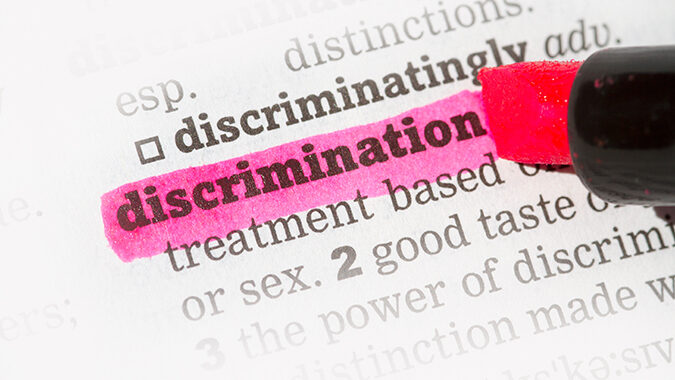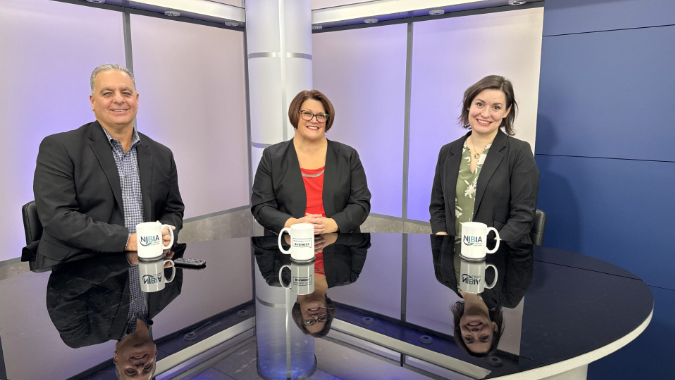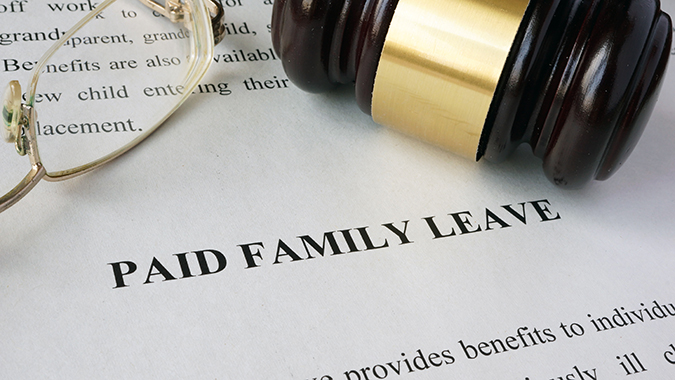Hundreds of thousands of individuals who hold occupational or professional licenses to work in New Jersey can now be subject to disciplinary action by the state boards that license them if they discriminate against current or prospective clients, patients, students, colleagues, or employees.
The Uniformed Rules on Discrimination in Licensed Professionals (N.J.A.C. 13:45C-4.1, 4.2, and 4.3) were officially adopted earlier this year and took effect March 20. NJBIA opposed the rules during the rulemaking process, noting legal remedies for unlawful discrimination and harassment already exist.
"Professional licensing boards are already burdened by application backlogs and examination delays due to the state’s longstanding practice of diverting licensing fees collected by applicants to other parts of the state budget,” NJBIA Vice President of Government Affairs Althea D. Ford said. “We are concerned that there may be insufficient staff and financial resources for this added responsibility and that will exacerbate the delays that professionals awaiting state licenses are already experiencing.”
Over 720,000 people working in more than a hundred different professions and occupations are licensed by New Jersey and affected by the rule. This includes landscape architects, acupuncturists, accountants, chiropractors, dentists, home health aides, hair stylists, nurses, pharmacists, physician’s assistants, electrical contractors and many more who all must provide documented proof of having met the required standards of education, experience, skills, and other criteria, to be licensed.
Under the rule, a licensee can be subject to disciplinary action if he or she “has been found in an administrative proceeding brought before a board or before the Office of Administrative Law to have engaged in prohibited discrimination against any current or prospective client, patient, student, supervisee, colleague, or employee...” that is deemed to be professional or occupational misconduct.
The disciplinary action that professional boards may take is currently defined in state law and include a letter of warning, reprimand or censure; the assessment of civil penalties; and the revocation, suspension or refusal to issue or renew a certificate, registration or license, among others.
To read the new rule, go to the New Jersey Division of Consumer Affairs’ website here.




